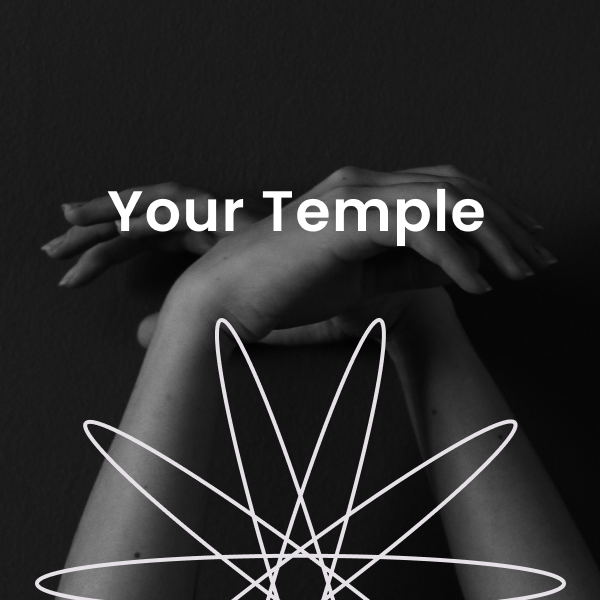

Finding Serenity: Meditative Paths to Emotional Harmony
4/4/2024Q:
As someone experiencing emotional instability and seeking ways to improve emotional balance through meditation, are there specific types of meditation or techniques you would recommend for addressing this issue? Additionally, do you have any specific tips or guidance for someone in a similar situation?
A:
For someone experiencing emotional instability and seeking ways to improve emotional balance through meditation, here are some specific types of meditation and techniques that may be helpful:
- Mindfulness meditation: This practice involves bringing awareness to the present moment without judgment. By observing your thoughts, emotions, and sensations as they arise, you can develop greater clarity and acceptance of your inner experiences, which can help regulate emotions over time.
- Loving-kindness meditation (Metta): Metta meditation involves cultivating feelings of compassion, love, and kindness toward oneself and others. By practicing sending loving kindness to yourself and others, you can cultivate positive emotions and enhance your emotional well-being.
- Body scan meditation: This technique involves systematically scanning through different parts of the body, bringing awareness to any sensations or tensions present. By developing greater awareness of bodily sensations, you can learn to recognize and release physical tension associated with emotional instability.
- Breathing exercises: Incorporating specific breathing exercises, such as deep diaphragmatic breathing or box breathing, can help regulate the nervous system and promote emotional balance. Focus on slow, deep breaths to calm the mind and body.
- Gratitude meditation: This practice involves reflecting on things you're grateful for in your life. Cultivating a sense of gratitude can shift your focus away from negative emotions and foster feelings of contentment and well-being.
Tips and guidance for someone in a similar situation:
- Start small: Begin with short meditation sessions and gradually increase the duration as you become more comfortable with the practice. Consistency is more important than duration, so aim to meditate regularly, even if it's just for a few minutes each day.
- Be patient and gentle with yourself: Emotional healing takes time, so be patient with yourself as you navigate your meditation practice and emotional journey. Treat yourself with kindness and compassion, especially during challenging moments.
- Seek support: Consider seeking guidance from a meditation teacher, therapist, or mental health professional who can provide additional support and guidance tailored to your specific needs. Don't hesitate to reach out for help if you're struggling with emotional instability.
- Practice self-care: In addition to meditation, prioritize self-care activities that nurture your physical, emotional, and mental well-being, such as exercise, spending time in nature, engaging in hobbies, and connecting with supportive friends and family members. Taking care of yourself holistically can support your emotional balance and resilience over time.




